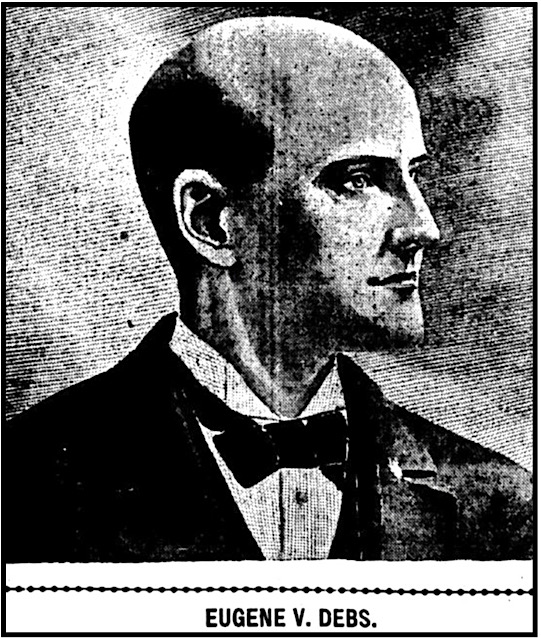 —————
—————
Hellraisers Journal – Saturday November 15, 1902
Mother Jones News Round-Up for October 1902, Part I
Found in Colfax, Iowa, and at New York Anthracite Strike Conference
From the Des Moines Registrar and Leader of October 1, 1902:
Colfax, Ia., Sept. 30.-(Special.)-Mother Jones, the famous organizer of the miners in the anthracite region, gave an address, tonight at the Methodist church, and urged the miners of the Sixth district to work for John P. Reese of Albia for congress. Mother Jones denounced the capitalists of the country in severe terms, and was bitter against the use of the injunction by the courts. Her address was listened to by a large audience, composed for the most part of miners. Immediately after her speech, Mother Jones started across the country to Prairie City and caught a night train for Albia, where she will speak. She will also deliver an address at Ottumwa and then return east.
Mother Jones is now over sixty years of age, her hair being white as snow. Yet she is vigorous and energetic, and speaks with wonderful feeling and eloquence when describing the sufferings of the miners in the anthracite regions. She urged the miners and workingmen to wake up and work for their rights.
[She said:]
You don’t need a gun. Let us bury the bullet and resurrect the ballot.
Wants Iowa to Act.
I want Iowa to be the first state to carry the banner of organized labor into congress and elect a workingman to that body. I want a worker to make laws for me and not a henchman. If ever an awakening comes in this country it must come now. The injunction must be stopped. I plead with you young men; shall you all be slaves or shall you be men? You have got to take hold of this government and run it for all the people. It is your duty to see that the next congressman from this district is a miner so that the next congress shall have a miner in it. When the last injunction bill was up before congress there was no one there to press it, because no one there had felt the sting of the injunction injustice.
I say down with the government that upholds injunctions. I repeat I want to see the next congress have a miner in it. When the corporations see the workingmen waking up and electing workingmen to office they will tremble. You have got to break up this corporate power. The only way to break it up is by legislation. If you men feel that you are too big cowards to do it, stand aside and let us women do it and we’ll show you how. Woman is the greater sufferer from the power of corporate wealth.
Mother Jones, at the outset of her address, spoke of the progress of the human race and the various inventions that have been made.
[She said:]
Yet the workers have not the benefit of these inventions. A few men who have never done anything in their lives have taken advantage of them all and the human race stands aghast and asks “What shall we do?” If these inventions have been produced by society, why should one band of thieves and robbers, and assassins, and plunderers possess them to the detriment of all the rest? That is the great question before the human race. There is no other question before you. You have the labor question to settle, and it will be settled in this century. The men who produce the wealth will have the wealth.
Who has built your magnificent homes and public buildings? Who have gone down into the depths of the earth and toiled sixteen hours a day? The workers. Who live in your palaces? The parasite. Why? Because he has plundered other men of what they produce. When he boasts of prosperity, what is it to 30,000 breaker boys in the anthracite region? That you can make money by scheming doesn’t make a nation prosperous. You can’t have a prosperous nation until the workers prosper. If you give to your nation an illiterate broken down body of workers, ruin will overtake your country.
Mother Jones paid her respects to Morgan for saying he had nothing to arbitrate, and to Baer, who says he owns the earth and is the “steward of the Almighty.”
[She said:]
I wish he would take care of these men and women down in West Virginia, if he is the Almighty’s steward, as he claims.
[And again:]
Every page of every book of every Carnegie library in the country is written with the blood of Homestead.

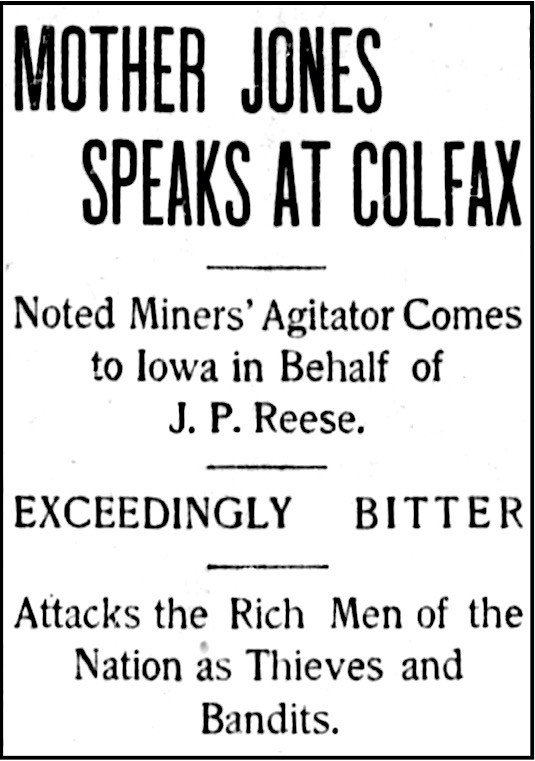
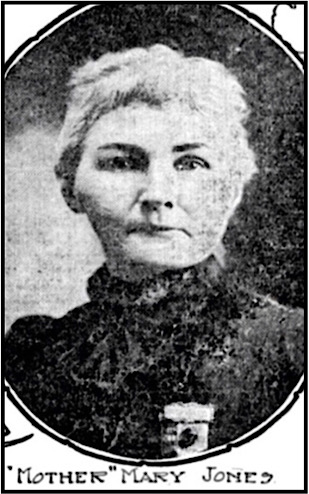
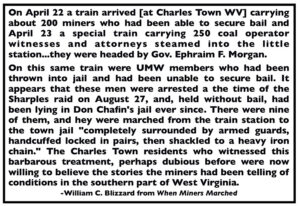 —————
—————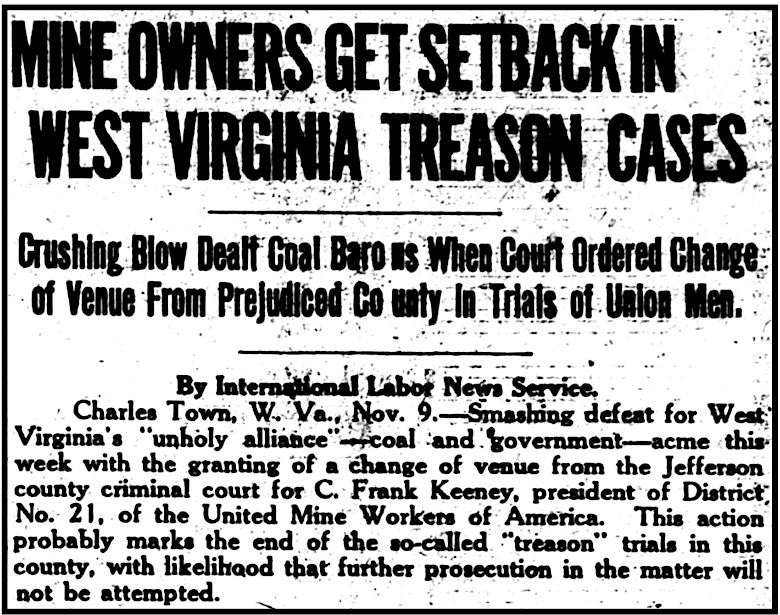
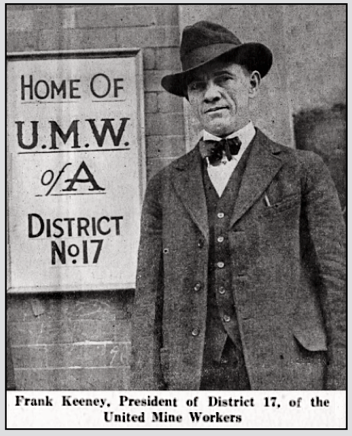
 —————
—————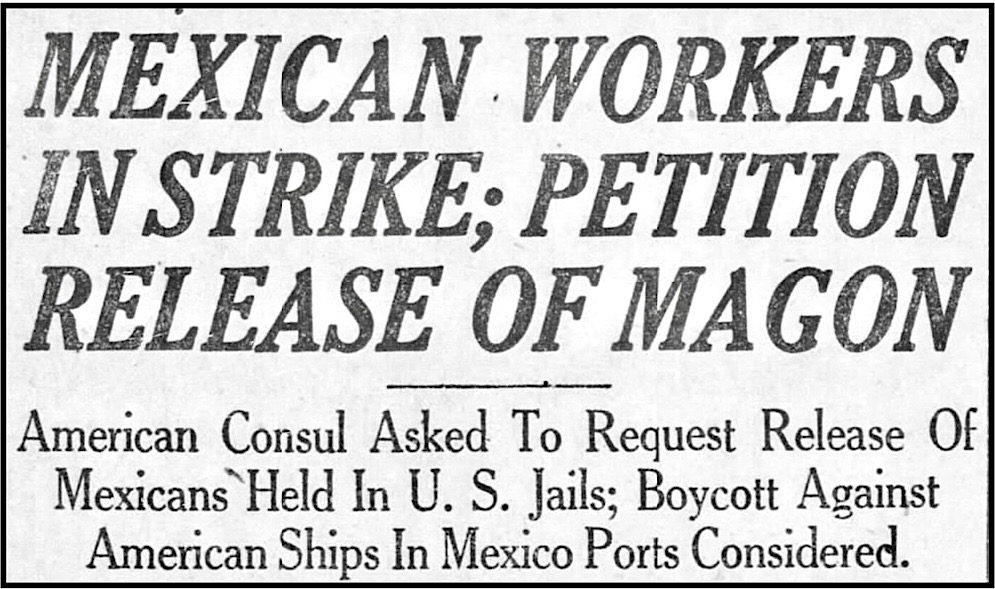
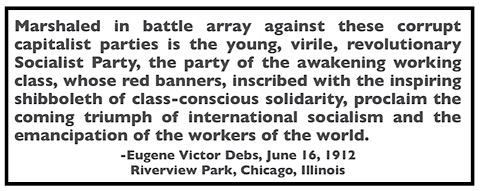 —————
—————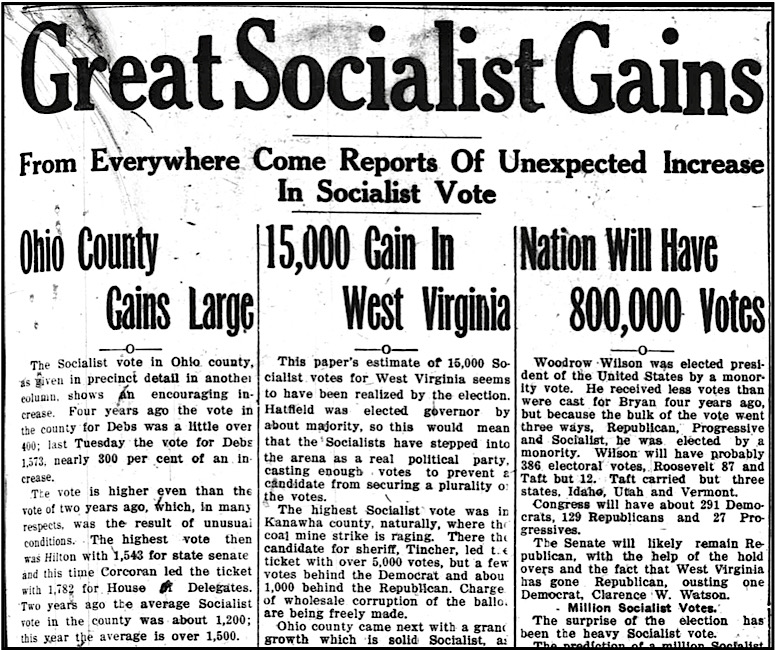
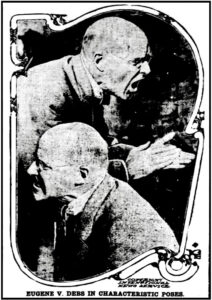 Pressure from below has for years been forcing the old parties to steal the planks of the Socialists, but in this campaign, in trying to keep up with the irresistible demand of the masses for remedial legislation, Theodore Roosevelt has become the chief offender.
Pressure from below has for years been forcing the old parties to steal the planks of the Socialists, but in this campaign, in trying to keep up with the irresistible demand of the masses for remedial legislation, Theodore Roosevelt has become the chief offender. —————
—————
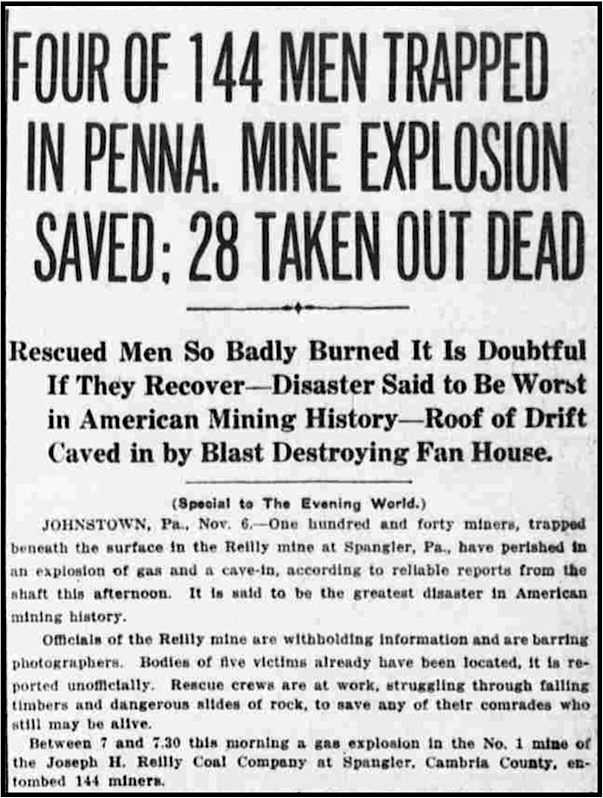
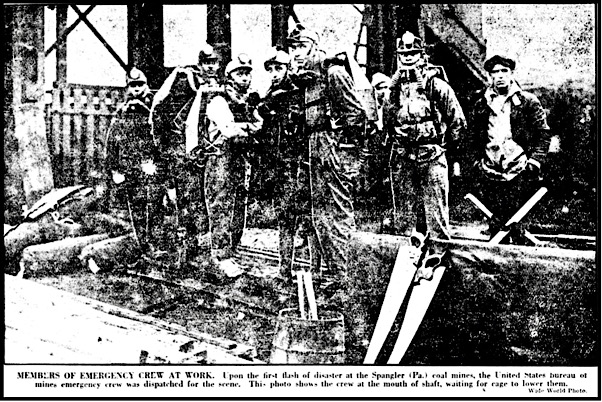
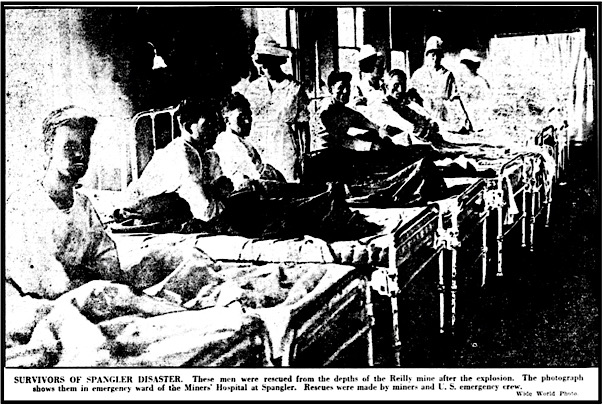
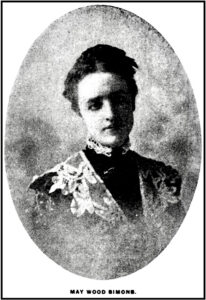
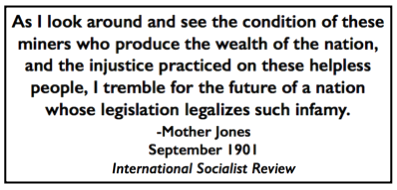 —————
—————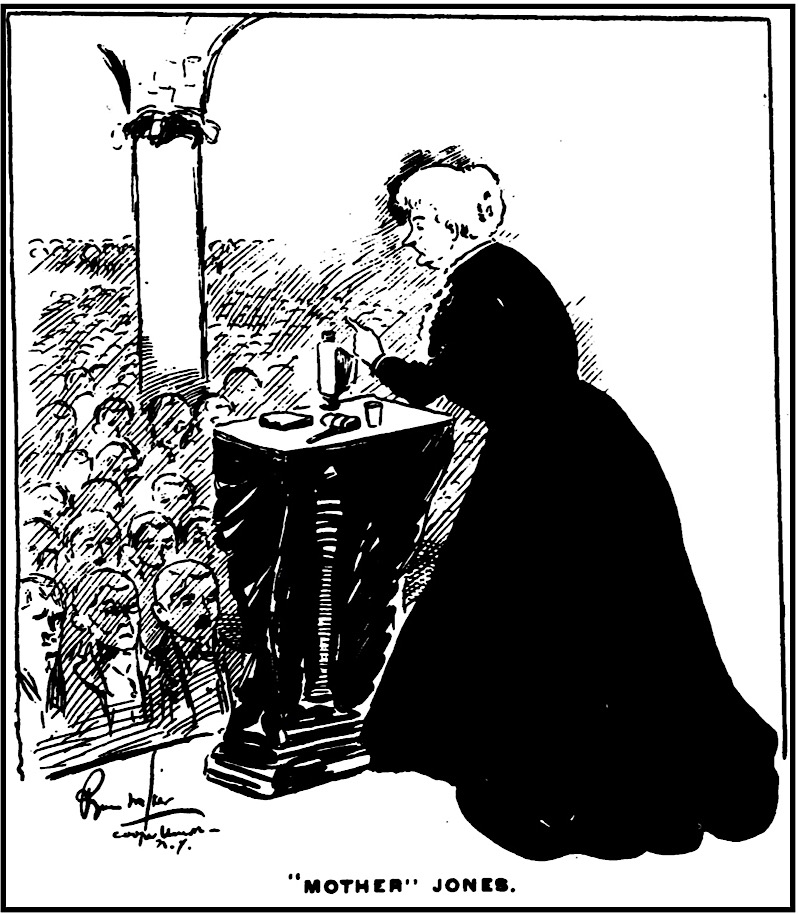
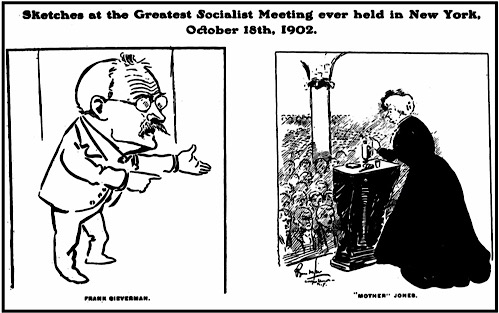 Frank Sieverman and Mother Jones
Frank Sieverman and Mother Jones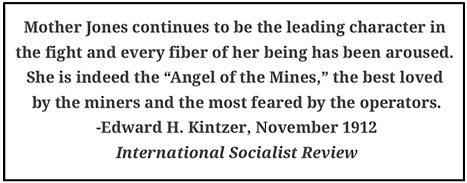 —————
—————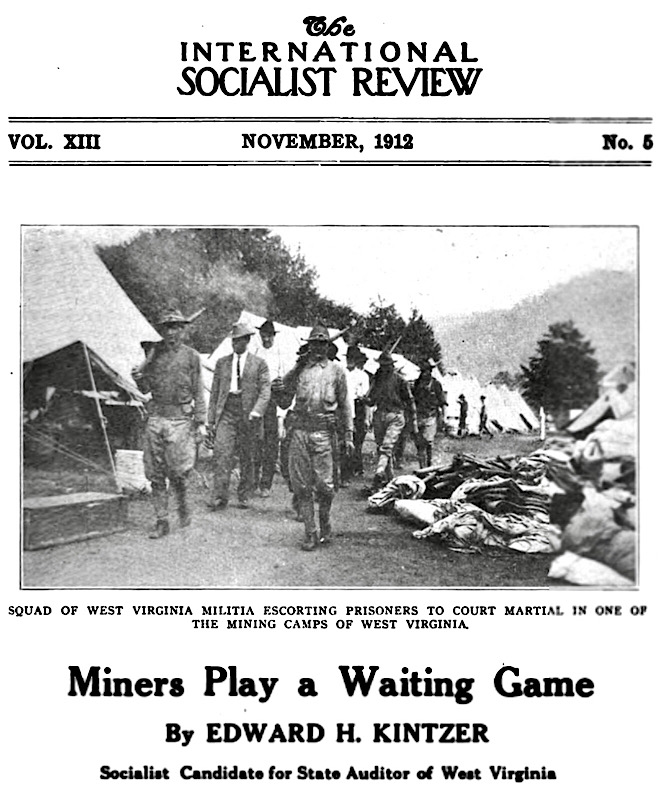
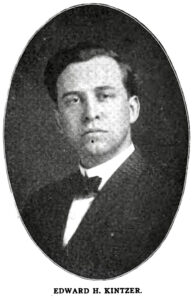
 —————
—————